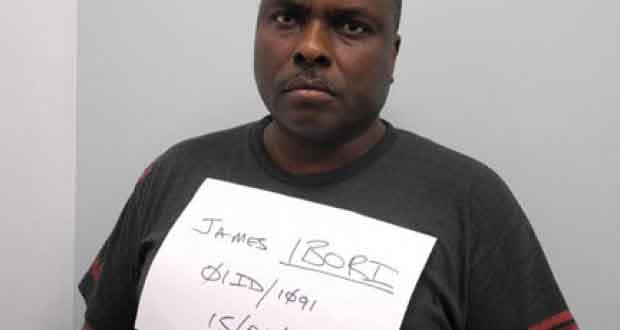
There was shock and disbelief all around Southwark Crown Court’s Courtroom 14, London on Monday as the assets confiscation hearing proceedings of the jailed former governor came to an abrupt end. The hearing, which was about a day or two to close, was halted when Ibori’s team disputed the quantity of benefits he obtained out of the £89 million assets the Crown prosecutors want him to forfeit.
Meanwhile, counsel to the former governor, Ivan Krolick, revealed in court that Ibori will be entitled to a day release – when he can be electronically tagged and allowed to go and spend the weekend with his family at a UK address – in December 2014 and early release on March 26, 2016, and that “Mr. Ibori cannot be categorised a criminal.”
Krolick started the first half of his closing submission on Friday and should have rounded off and pave the way for the prosecution to make their closing submission. However, the defence not only argued robustly against the quantity of benefits, which the former governor had obtained, but were also claiming that the prosecution had not really proved their client was guilty of some of his money laundering charges for which he was jailed for 13 years last year.
Krolick had been disputing the quantity of Ibori’s benefits and also questioning the guilty pleas on some of the charges Ibori entered under the guidance of his former barrister, Nicholas Purnell. Upon listening to the arguments of Krolick, not only did the prosecution see that as a window of opportunity to prove the case, the Judge, Anthony Pitts, confessed that he couldn’t do a good job without giving thought to seeing all the necessary evidence for the case.
Krolick even wanted to backpedal, and even went on and said: “Your Honor, we’re not even suggesting that witnesses are required,” and that he wasn’t actually saying:” that Mr. Ibori was not guilty, but that Mr. Ibori did not obtain what the Crown said he obtained.” Speaking further,
Krolick added,” we don’t ask for further evidence,” and neither have we “ambushed the Crown. My respectful submission is that this is a case where the evidence has closed.”
Pitts continued: “I need a better grip on evidence,” and admitted that it is a regret that: “We didn’t get a trial, because Mr. James Ibori offered a guilty plea.”
Amidst the deafening silence that gripped the courtroom, Pitts spoke further and admitted that “the case requires a decision from me,” and that could only happen “with proper understanding and details of evidence. Moreover, I need to have some evidence put before me, so as to be in a position, to make an informed decision.”
In view of this, Pitts ruled that: “I’m going to adjourn these proceedings and to be brought back before me as early as possible, early next year.” Krolick, however, protested against halting the proceedings, saying, “we do not say the conviction should go, we do not attack the conviction, we are only asking what Mr. Ibori obtained.”
Crown prosecutor, Sasha Wass, then told the court that the Crown had always wanted to call evidence, anyway and that if the case goes back to square one, “it will include getting witnesses here from Nigeria.” As a result, she told the Judge, “we would ask that these proceedings are brought to a halt and the case be listed to when we get our witnesses here.”
After open consultation between both the defence team and Crown prosecutors, a new date, December 9, was fixed for preliminary hearing and it is only then that both parties will know whether there will be a fresh trial or not.
James Ibori, who was governor of oil-producing Delta State in southern Nigeria from 1999 to 2007, is serving a 13-year jail sentence in a British jail after pleading guilty in February 2012 to 10 counts of fraud and money-laundering. Once an influential power-broker at the heart of Nigeria’s ruling party, he is by far the most senior politician to be held accountable for the corruption that has blighted Africa’s most populous nation and top oil producer for decades.

